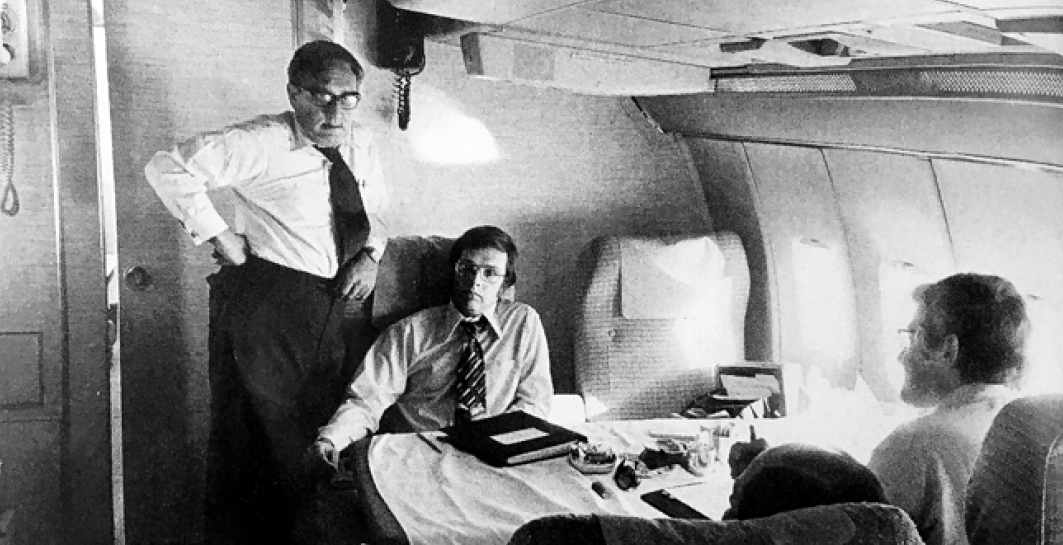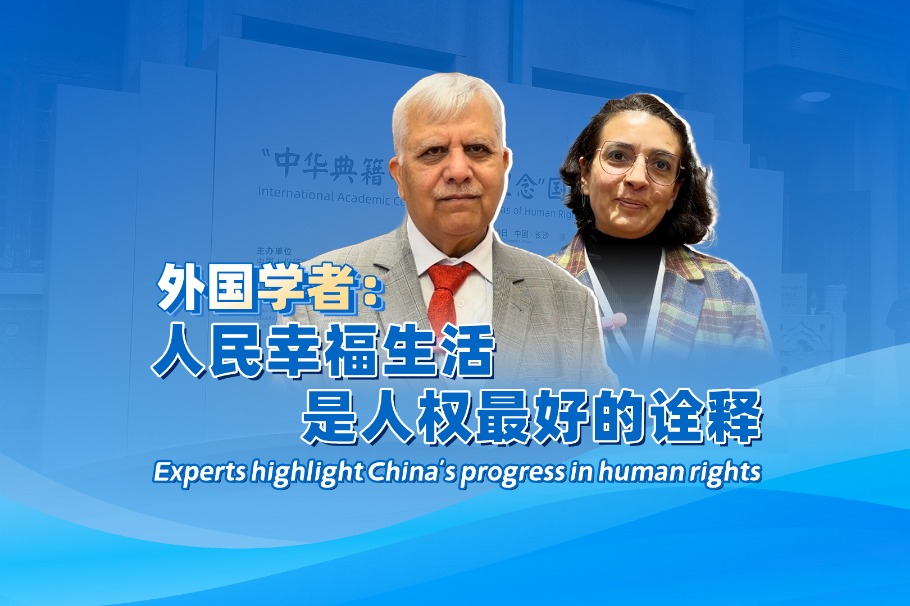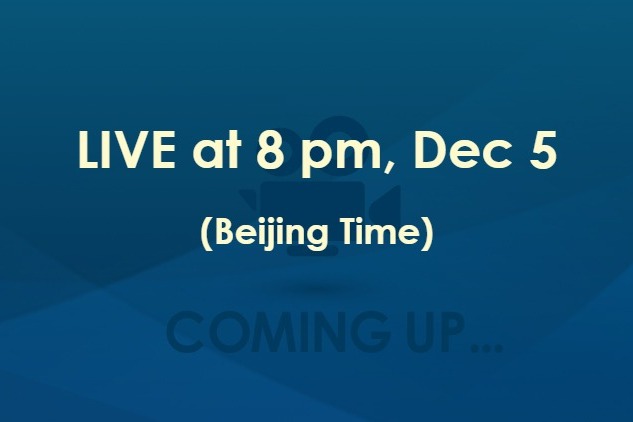The life and times of Dr K the conciliator
As a young man, he was exposed to the ravages of tyranny and war, and he would later champion the cause of bringing two nations together
By ZHAO XU in New York | China Daily Global | Updated: 2024-01-26 10:33

In his book, Ferguson, who sees "a pattern of empathy" in his subject, tells how the young man, in defeated Germany as a US army intelligence officer with power over enemy civilians, refused simply to stand together with his parents "on the vengeful side", as Kissinger put it.
"To me there is not only right or wrong but many shades in between," Kissinger wrote to his parents in July 1948. "Real dilemmas are difficulties of the soul, provoking agonies, which you in your world of black and white can't even begin to comprehend."
This was despite his strong attachment to his parents, especially his mother, whom he forbade to cry upon his inauguration as the first Jewish US secretary of state on Sept 23,1973, and whom he thanked, on her 90th birthday, for "everything I have achieved".
"Kissinger's single greatest achievement, I would say, was holding this country together in the wake of the Watergate scandal," said Lord, who was US ambassador to China from 1985 to 1989. "Almost single-handedly and by the sheer force of his personality he helped to maintain American posture and to ensure the continuity of its foreign policy."
Balance of power
Yet Kissinger, who met every prominent US and international leader after he stepped down as secretary of state in December 1976, was never invited back to office. His apparent exile, according to Wu of the Center for American Studies, was in large part because of strong opposition from neoconservatives who prefer US geopolitical primacy to the balance of power that Kissinger championed.
"Kissinger had decided that a balance of power favorable to the US would best serve its interests," said Wu.
"Chess is about the decisive battle, weiqi is about the protracted campaign," Kissinger wrote in On China. "The chess player aims for total victory, the weiqi player seeks relative advantage."
A balance of power "is incompatible with the assertion of absolute values", he said, and "the United States must temper its missionary spirit with a concept of duty to the world".
"When the Sino-US rapprochement started, neither of us had any illusion of changing the basic convictions of the other. It was precisely the absence of any such illusion that facilitated our dialogue. … The most significant contribution of the leaders of the time was their willingness to raise their sights beyond the immediate issues of the day. In a way, they were fortunate their long isolation from each other meant that there were no short-term day-to-day issues between them."
Kissinger envisioned the US and China generating "a sense of common purpose" in the form of the "coevolution of two societies progressing on parallel, though not identical, tracks".
"A Cold War between the two countries would arrest progress for a generation on both sides of the Pacific. … The United States and China owe it to their people and to global well-being to make the attempt (to avoid it).
"In the end, history lauds not conflicts of societies but their reconciliations."
zhaoxu@chinadailyusa.com
























